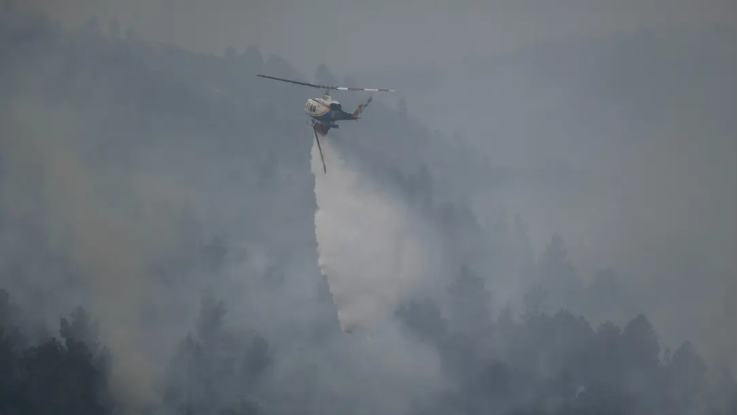Taliban: Afghanistan Earthquake Kills At Least 2K
At least 2K people were killed after a magnitude-6.3 earthquake hit Afghanistan's western Herat province on Saturday, the Taliban administration said Sunday. As of Saturday, the UN's initial death toll stood at 320, though the figure hadn't been verified....

0:00
/0:00
Facts
- At least 2K people were killed after a magnitude-6.3 earthquake hit Afghanistan's western Herat province on Saturday, the Taliban administration said Sunday. As of Saturday, the UN's initial death toll stood at 320, though the figure hadn't been verified.1
- The powerful earthquake was followed by three strong aftershocks, which reportedly destroyed buildings and buried hundreds of civilians under the debris.2
- The Ministry of Disasters originally reported that over 9K had been injured before correcting the estimate to over 2K — though these figures and the death toll are expected to rise as the search for the missing continues.3
- A state of emergency has been declared as more aftershocks were expected, with the World Health Organization dispatching 12 ambulances to hard-hit districts to assist in relief efforts.4
- According to the US Geological Survey, the epicenter of the first massive earthquake — which struck at around 11:00 a.m. local time — was about 25 miles northwest of Herat city.5
- Last June, an earthquake rattled the mountainous region of eastern Afghanistan, killing over 1K people and injuring more than 1.5K.6
Sources: 1Associated Press, 2The week, 3Reuters, 4New York Times, 5BBC News and 6Ndtv.com.
Narratives
- Narrative A, as provided by Preventionweb. Afghanistan is prone to earthquakes, particularly in the Hindu Kush Mountain range, near the convergence of the Eurasian and Indian tectonic plates. Not much can be done to protect the country and its neighbors from this unfortunate geographical feature, which puts the lives of those living in the area at risk.
- Narrative B, as provided by The conversation. People don't usually associate earthquakes with climate change, but they are intimately connected as more extreme weather can stress fault lines and make earthquakes more damaging and deadly. By doing more about climate change, this aggravating factor of the severity of quakes could be tempered in the future.
- Narrative C, as provided by Foreign policy. Though Afghanistan has a long history of earthquakes, the destruction creates urgency in designing and implementing strategies to reduce the death toll. However, the decades-long conflict, ongoing dire economic and hunger crises, and stalled international aid have restricted the country's ability to respond to natural disasters.






